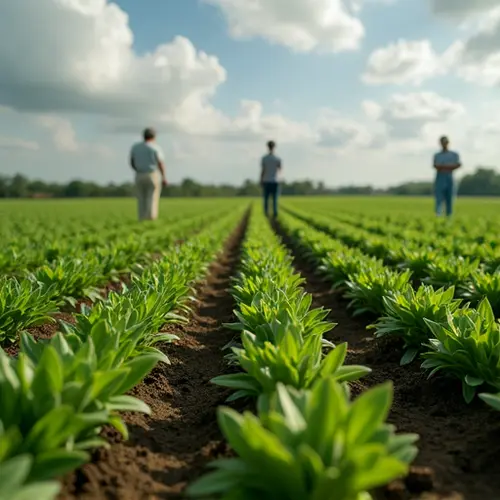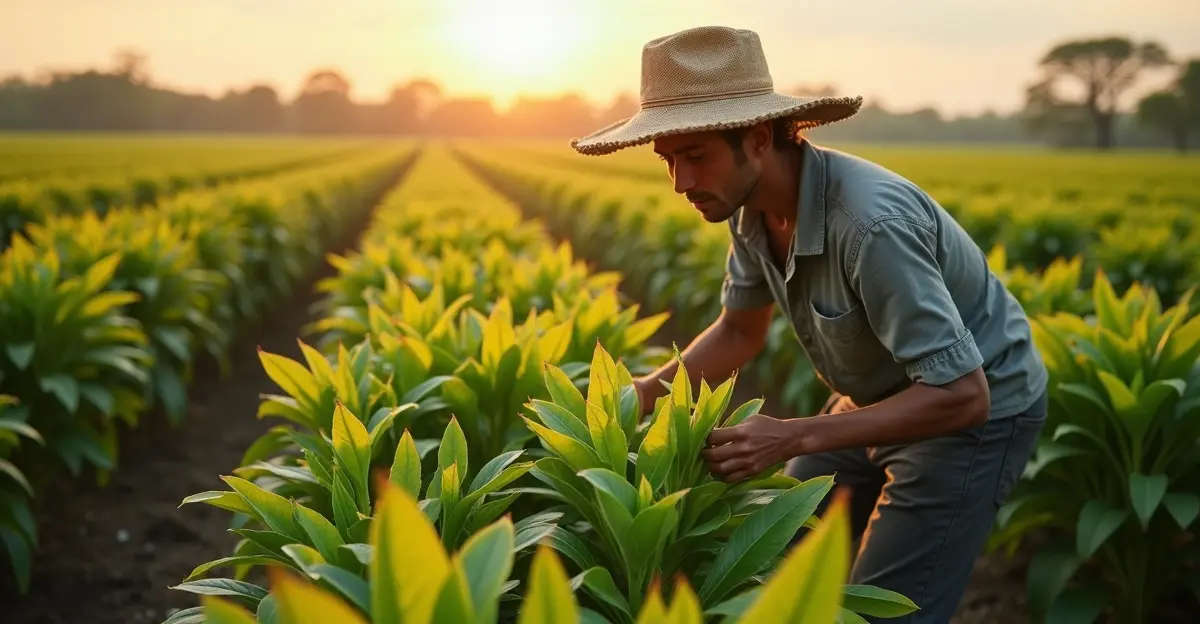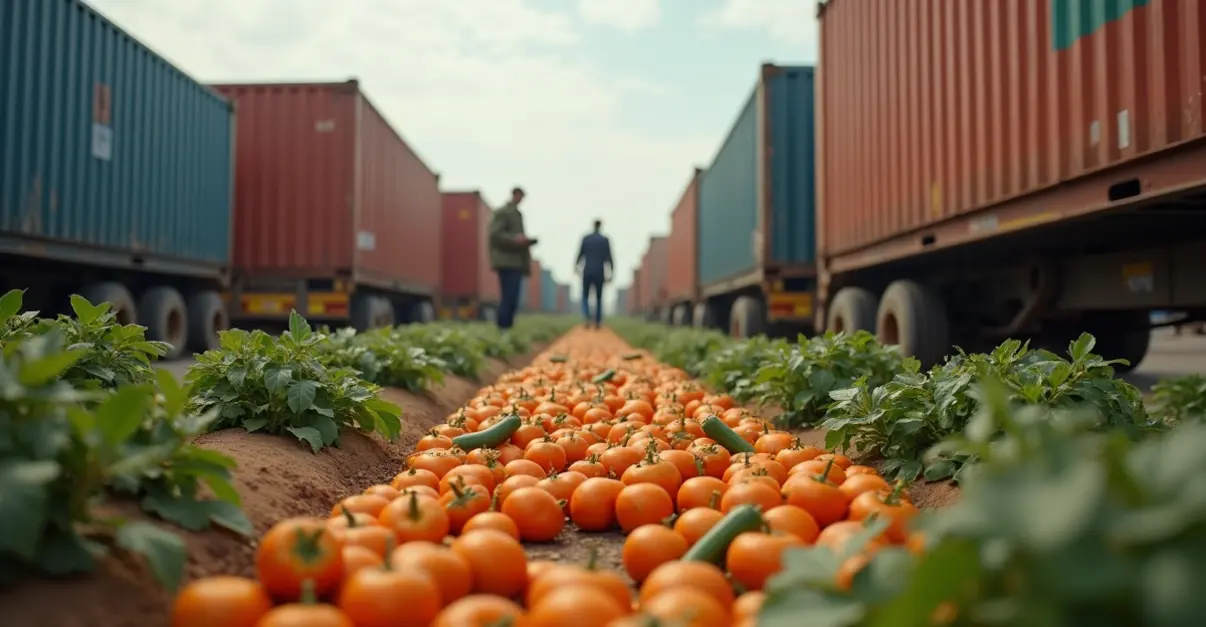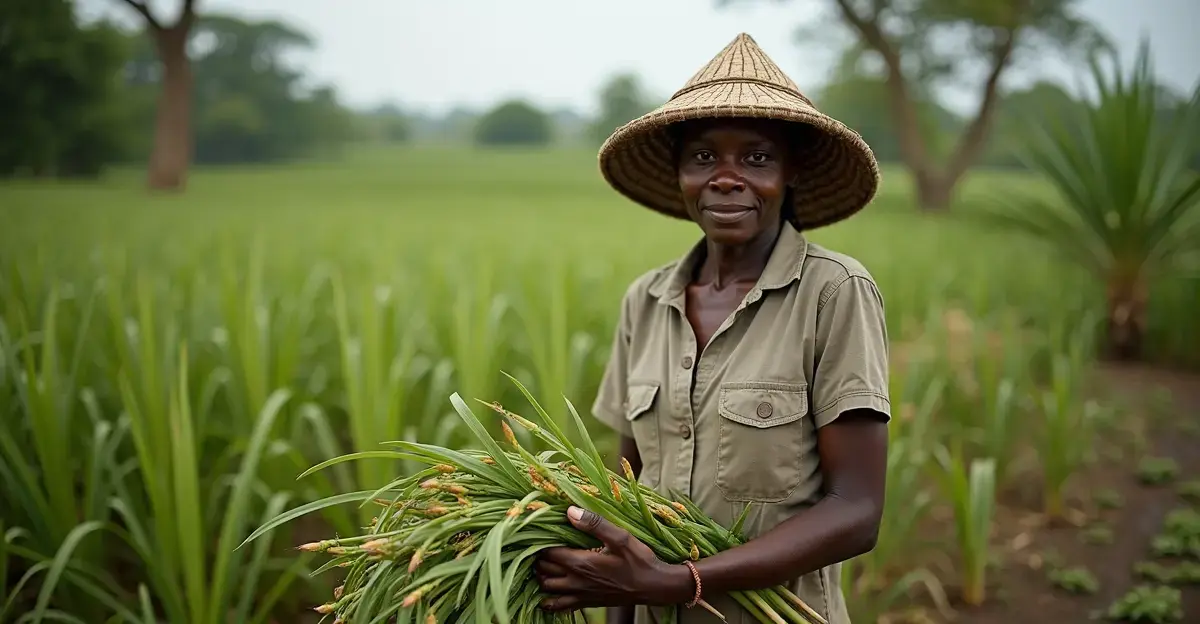Governments Commit to Strengthening Local Food Systems
In a landmark move, multiple Asia Pacific nations have officially declared food security a national security priority. This strategic shift comes amid growing climate disruptions and global supply chain vulnerabilities that threaten regional stability.
Tech-Driven Agricultural Transformation
Governments across the region are investing heavily in agricultural technology and local supply chain infrastructure. China leads with its "Digital Village" initiative, deploying AI-powered farming systems and blockchain-tracked distribution networks. According to recent reports, China aims to increase grain production by 55 million tonnes by 2030 through precision agriculture technologies.
Meanwhile, Indonesia has launched vertical farming projects in urban centers, while Vietnam is implementing drone-based crop monitoring systems. The World Bank's Climate-Smart Agriculture program has committed $3 billion annually to support these regional efforts, emphasizing innovations like drought-resistant GM crops approved in late 2024.
Supply Chain Resilience Focus
The APEC Business Advisory Council's 2025 report highlights the critical need for diversified local supply chains. "We're transitioning from efficiency-focused models to resilience-first systems," stated Joseph Fung, Vice Chair of APEC's Policy Partnership on Food Security.
Key initiatives include:
- Thailand's rice blockchain traceability system
- Philippines' community grain storage network
- Australia's climate-resilient seed banks
Challenges Ahead
Despite progress, significant hurdles remain. Smallholder farmers still operate 70% of Asia's farmland, creating adoption barriers for new technologies. Aging agricultural workforces and extreme weather events continue to threaten production stability. The World Bank notes that food systems currently receive only 4% of global climate finance despite generating one-third of greenhouse gas emissions.
As APEC members prepare for their 2025 summit in Brisbane, food security coordination remains top of the regional agenda. With climate disruptions increasing, these investments represent more than agricultural policy - they're becoming fundamental to national security frameworks across the Asia Pacific.

 Nederlands
Nederlands
 English
English
 Deutsch
Deutsch
 Français
Français
 Español
Español
 Português
Português










